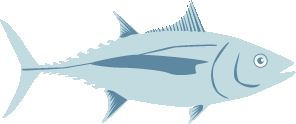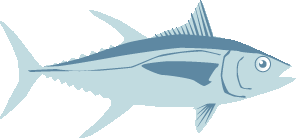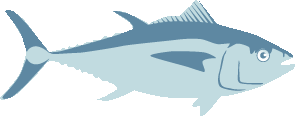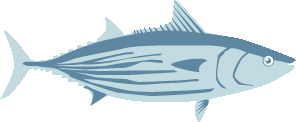Overview
The FIP first launched as the Western and Central Pacific albacore and yellowfin tuna longline FIP but after a scope extension in October 2021 and again in August 2022, the fishery now targets albacore (Thunnus alalunga), bigeye (Thunnus obesus), skipjack (Katsuwonus pelamis) and yellowfin tuna (Thunnus albacares). The longline vessels are flagged to China, Taiwan, Fiji, Vanuatu and Panama and fish on the high seas and within the EEZ’s of Cook Islands, Federated States of Micronesia, Fiji, Kiribati, Papua New Guinea, Samoa, USA (American Samoa), Solomon Islands, Tonga, Tuvalu, and Vanuatu. The fishery is managed regionally by the Western Central Pacific Fisheries Commission (WCPFC) in the WCPO and the Inter-American Tropical Tuna Commission (IATCC) in the EPO.
The FIP first launched as the Western and Central Pacific albacore and yellowfin tuna longline FIP but after a scope extension in October 2021 and again in August 2022, the fishery now targets albacore (
- There shall be robust and precautionary harvest strategies in place for tuna in the WCPO and EPO by June 2025.
- A comprehensive range of information related to stock structure, stock productivity, fleet composition, and other data are available to support the harvest strategy; and all information required by the harvest control rule is monitored with high frequency and a high degree of certainty by June 2025.
- Improved availability of accurate and comprehensive data on catches, especially bycatch, by strengthening information systems and training. Recording and reporting of discards by June 2025.
- Strengthened Endangered, Threatened and Protected (ETP) and retained species management strategies; and ensure the fishery is not hindering the recovery of species by June 2025.
- To achieve a certifiable status by June 2025.
FIP at a Glance
| 4% | 39% | 57% |
This pie chart represents completed environmental actions. Non-completed environmental actions may contain completed sub-tasks that are not illustrated here. For more information on environmental action progress visit the Actions Progress tab.
- Complete
- Incomplete
TraceabilityEcosystem




